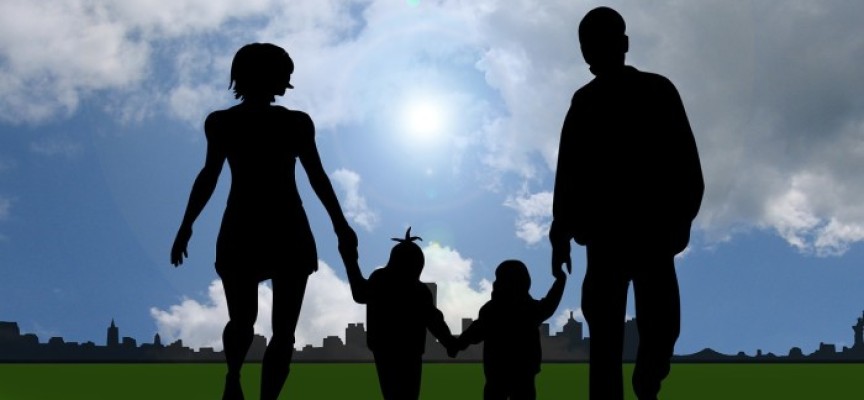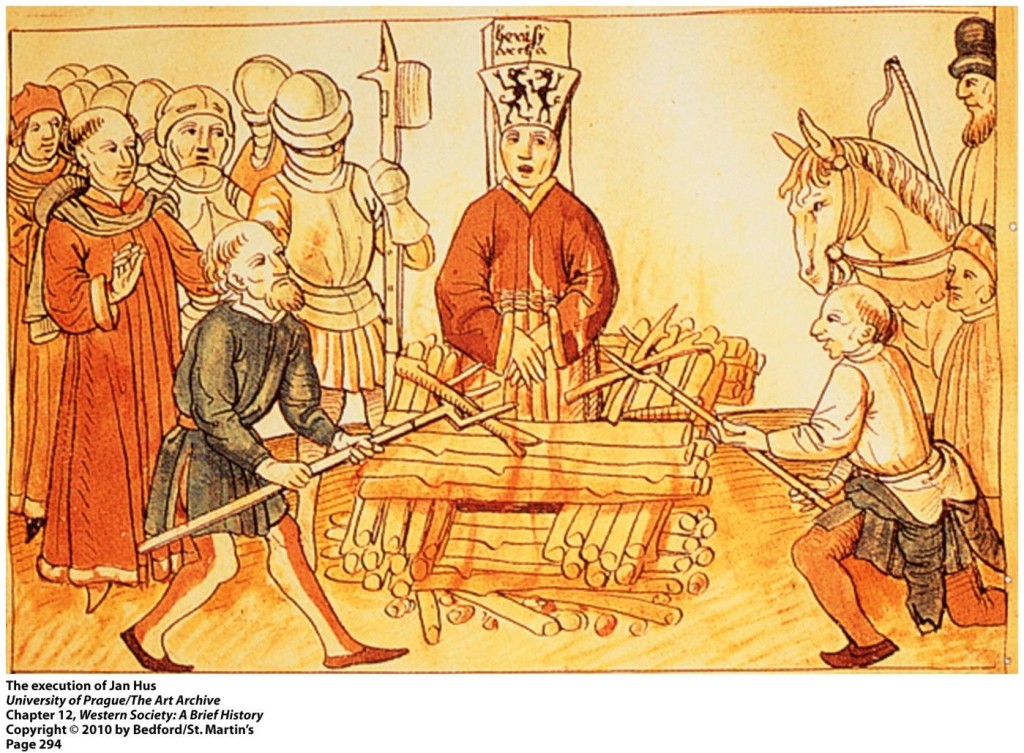3 ways pastors should engage the abortion issue
With a string of videos coming out of the past few weeks showing Planned Parenthood for what it is. These things are unavoidable for us and the kids we minister to. We have to understand how to logically understand these events so we engage rather shut down. My friend Scott Klusendorf writes the following argument […]
3 ways pastors should engage the abortion issue Read More »









